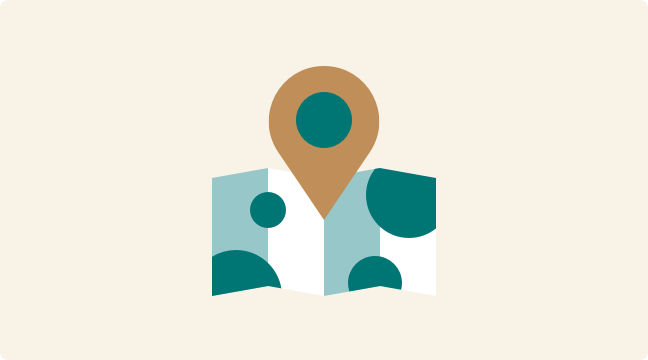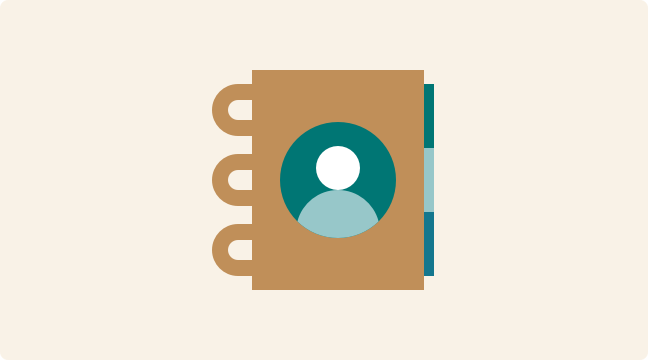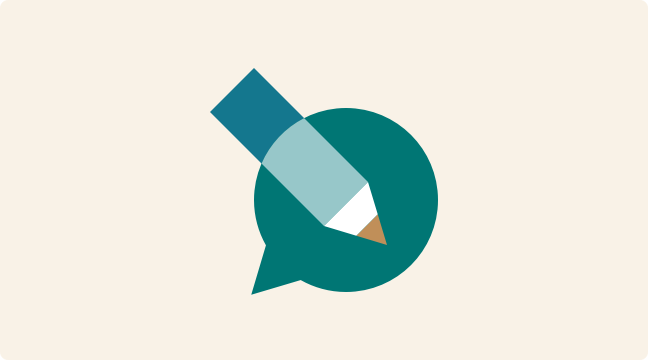December 31
Better Understanding Consciousness in an Attempt To Define It
One of the most interesting things about the concept of ‘consciousness’ is that it isn’t fully defined or understood by scientists. It’s a complicated debate among neuroscientists concerned with when ‘consciousness’ would form in our neurological systems and how these processes would work in defining our distinctive personalities. After all, we are all quite different, even two people who have had similar experiences in life. While some patterns can be predicted, there is still an undefined aspect that makes us uniquely us that isn’t understood. It’s a mystery factor, perhaps a soul, that makes us unique.
Simply put, consciousness is what makes us who we are. Our ability to understand and acknowledge that we are conscious and autonomously think for ourselves shows that we have it. New theories in consciousness argue that it forms during the stage when we process information. For instance, when we can receive information and make our own conclusions from it—whether we get information and begin to process it and decide to speak, store the data, bring forth a memory, or decide to act—somewhere in that realm is where consciousness comes into being. That’s also why many claim that we do not have free will but are a product of our neurological processes.
One of the most interesting things about the concept of ‘consciousness’ is that it isn’t fully defined or understood by scientists. It’s a complicated debate among neuroscientists concerned with when ‘consciousness’ would form in our neurological systems and how these processes would work in defining our distinctive personalities.
Many scientists theorize that computers will develop consciousness in the future with enough work; however, they don’t have consciousness currently despite years of research and effort. They don’t process information as we do, which gives credence to the argument that consciousness is more than a system of processes, and alludes that there’s something else within us—a soul perhaps—that sets us apart from other data-processing mechanisms.
Others believe that consciousness starts in the experience. By having experiences, we are experiencing consciousness. They believe that consciousness cannot be computed as we are more than just our brain systems, and are working to prove the existence of an additional element that makes us conscious. However, it is quite difficult to find tools to define consciousness. Each of us has our own perceptions and experiences. I may see the color red differently than you, but will never know as I’m not living in your body with your mind. We both know what red is to us, and can agree that something is red, but who’s to say red looks the same to everyone? We cannot live in other people’s consciousness, which makes it quite difficult to understand, measure, and control. In scientific research, the ability to run tests that repeat the same results is key to making discoveries. There just isn’t reliable enough control in this type of study.
By having experiences, we are experiencing consciousness. They believe that consciousness cannot be computed as we are more than just our brain systems, and are working to prove the existence of an additional element that makes us conscious.
I believe the secrets of consciousness lie within ourselves. We are the only tools we can count on to reliably measure consciousness and what it means to us. It can be purely a subjective study done for ourselves based on our specific experiences. And knowing what it means to us is the first step to understanding it on a greater level.
As someone interested in studying more about neuroscience and finding a global definition for consciousness, I must say that conducting audio-guided meditations at the Monroe Institute has been a big help. Since first taking Gateway Voyage in 2020 until my daily Expand meditations today, I’ve been able to journal, study, and recreate several experiencing using myself and my meditation practice as a form of study. It’s helped me to know so much more about myself. Not every technique works for everyone, but I’m able to see which Monroe tools work for me and which don’t. It’s helped me to release my limiting beliefs, heal myself, access guidance, and better understand myself on a nonphysical level. It’s also given me access to a pool of friends who have taken the same programs that I have and have had wildly different experiences with them.
The most compelling example I’ve noticed as to us having our own consciousness that develops within us during our experiences is that I’ve conducted the same exercise with group after group of people during Monroe programs, and no two experiences have ever been alike. The same stimuli evokes very different journeys among us. What we’re feeling, what we need in our lives, and countless other variables all shape our experiences into something personalized for each of us. To my mind that defines consciousness. I can’t thank Monroe enough for providing great tools to use to study this time and time again.
Don't Wait! Sign up for Gateway Voyage today.
Learn MoreMalorie Mackey
Actress, Author & Adventurer



